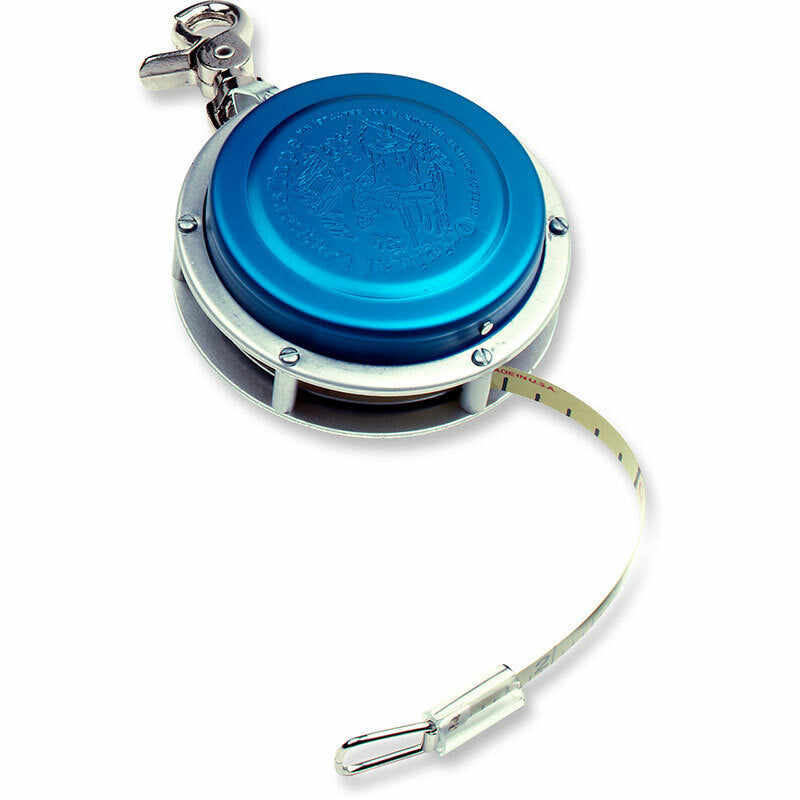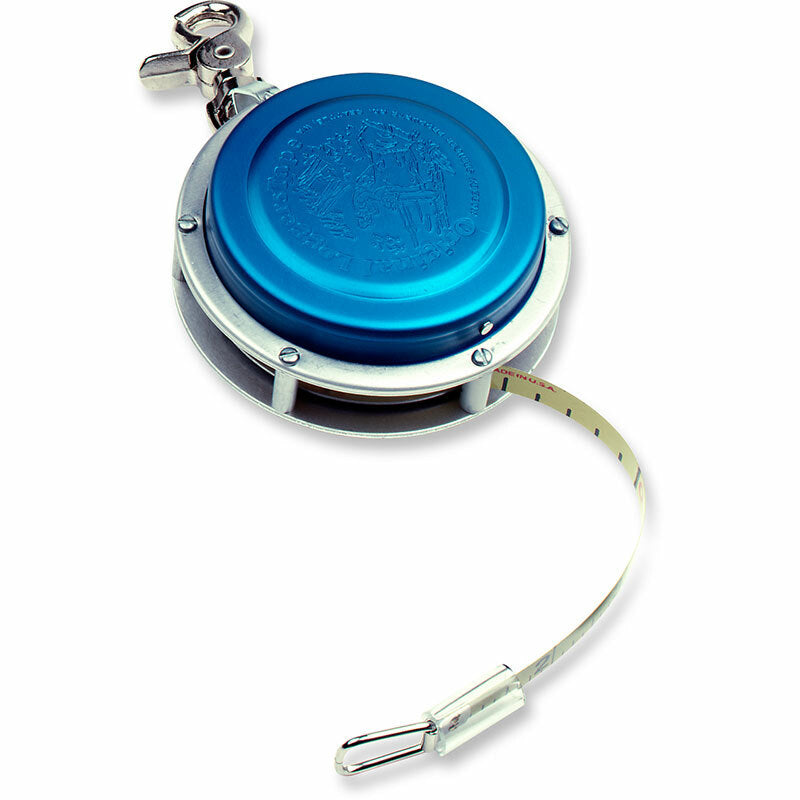In any work environment, safety and well-being should be paramount concerns. One often overlooked yet crucial aspect of maintaining a safe workplace is ensuring proper hydration. Dehydration can lead to a range of health issues that not only impact an individual's well-being but also compromise their ability to perform tasks effectively. In this blog post, we'll explore why staying hydrated is essential for a safe work environment and how it can enhance overall productivity and health.
-
Enhanced Cognitive Function and Focus: Staying hydrated is directly linked to optimal cognitive function. Dehydration can lead to fatigue, difficulty concentrating, and reduced cognitive abilities. In a work setting, this can lead to errors, decreased attention to detail, and even accidents. By prioritizing hydration, employees can maintain clear thinking, remain attentive to their tasks, and make informed decisions, all of which contribute to a safer work environment.
-
Prevention of Heat-Related Illnesses: Many work environments expose employees to high temperatures, whether due to outdoor work, industrial settings, or even indoor areas with inadequate ventilation. In such conditions, dehydration can exacerbate the risk of heat-related illnesses such as heat exhaustion and heat stroke. By ensuring adequate fluid intake, employees can regulate their body temperature more effectively, reducing the likelihood of these dangerous conditions.
-
Physical Performance and Alertness: Physical tasks are common in various industries, and dehydration can significantly hamper an individual's physical performance. Muscles need proper hydration to function optimally, and even slight dehydration can lead to reduced strength, coordination, and endurance. Staying hydrated supports employees in maintaining physical alertness, reducing the risk of accidents caused by compromised physical capabilities.
-
Preventing Workplace Accidents: Accidents are more likely to occur when employees are dehydrated and fatigued. Dehydration can lead to dizziness, fainting, and lack of coordination, increasing the chances of slips, trips, and falls. Hydrated employees are more likely to be alert, responsive, and able to react promptly to unexpected situations, significantly reducing the risk of workplace accidents.
-
Promoting Overall Health and Well-being: A safe work environment isn't just about preventing immediate accidents; it also encompasses long-term well-being. Chronic dehydration can lead to various health issues, including kidney problems, urinary tract infections, and even issues with the cardiovascular system. By staying hydrated, employees are not only safeguarding themselves against immediate workplace risks but also contributing to their overall health.
Prioritizing hydration is a fundamental aspect of maintaining a safe work environment. The benefits of staying hydrated extend far beyond mere thirst relief they encompass cognitive function, physical performance, and overall health. Employers should take proactive measures to ensure that employees have access to clean and fresh drinking water throughout the workday. By doing so, they create an environment where individuals are more alert, focused, and less susceptible to accidents or health complications related to dehydration. Remember, a hydrated workforce is a safer and more productive one.

























